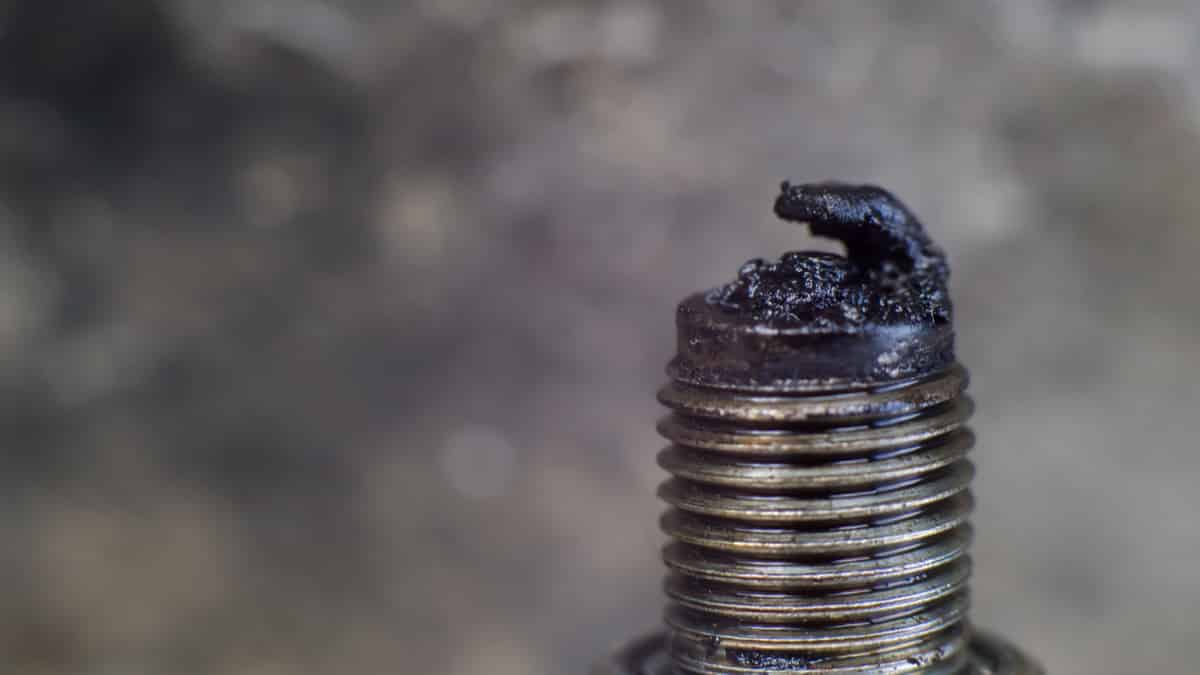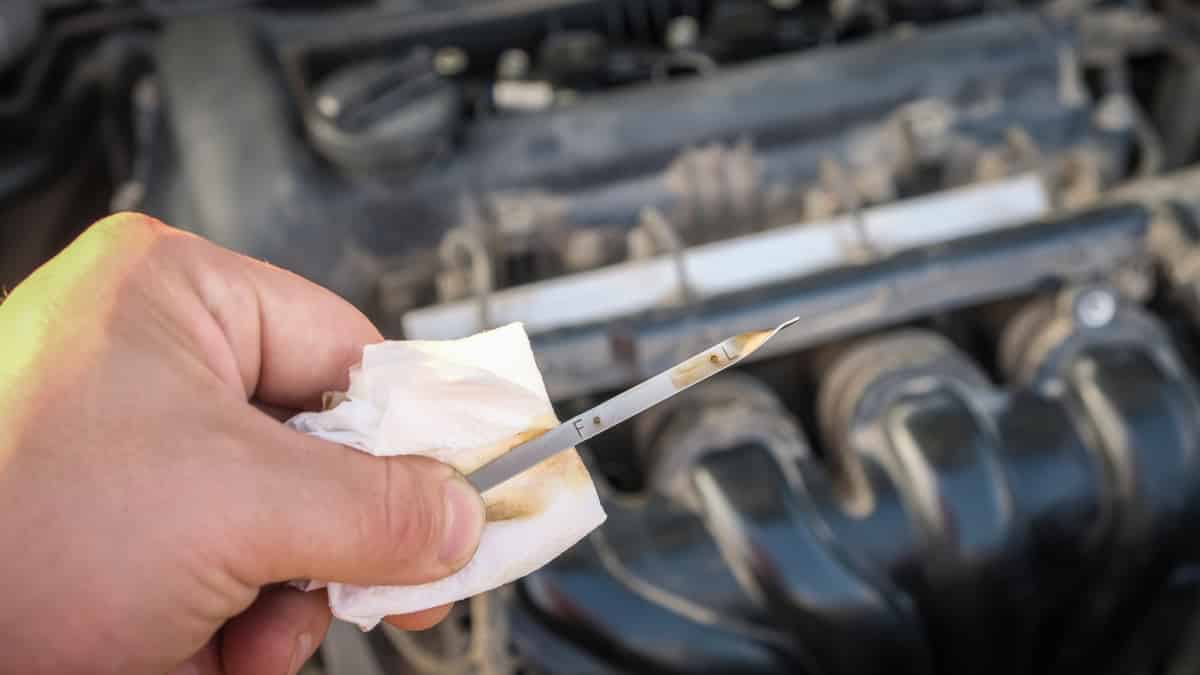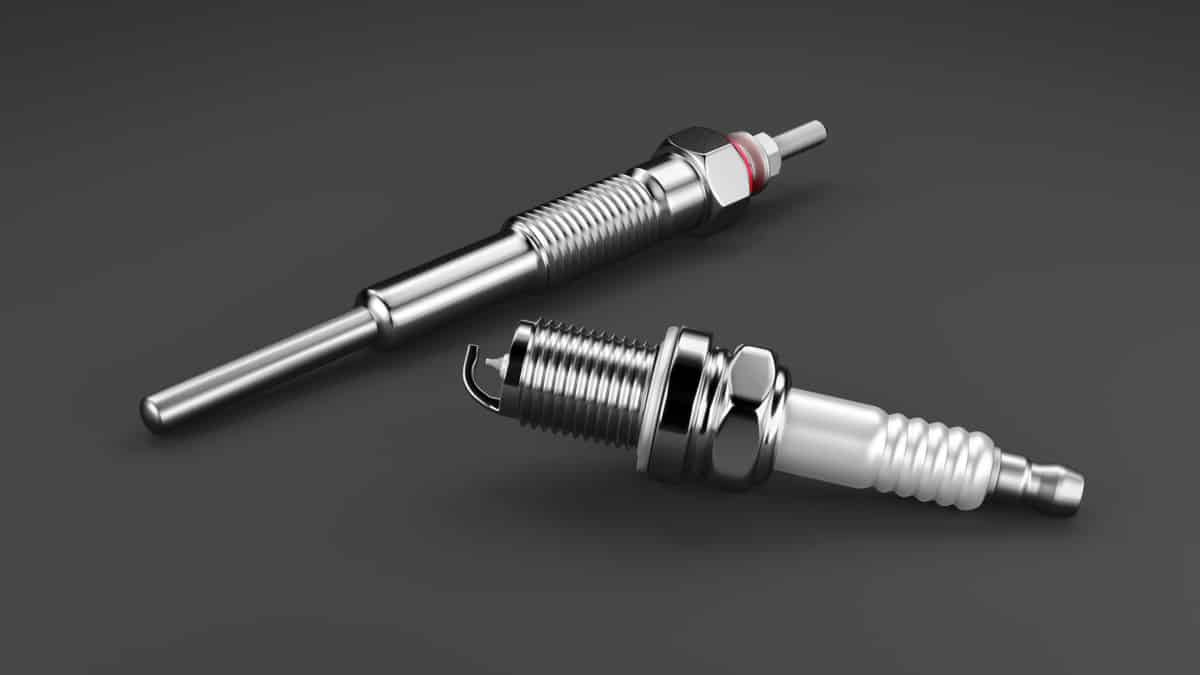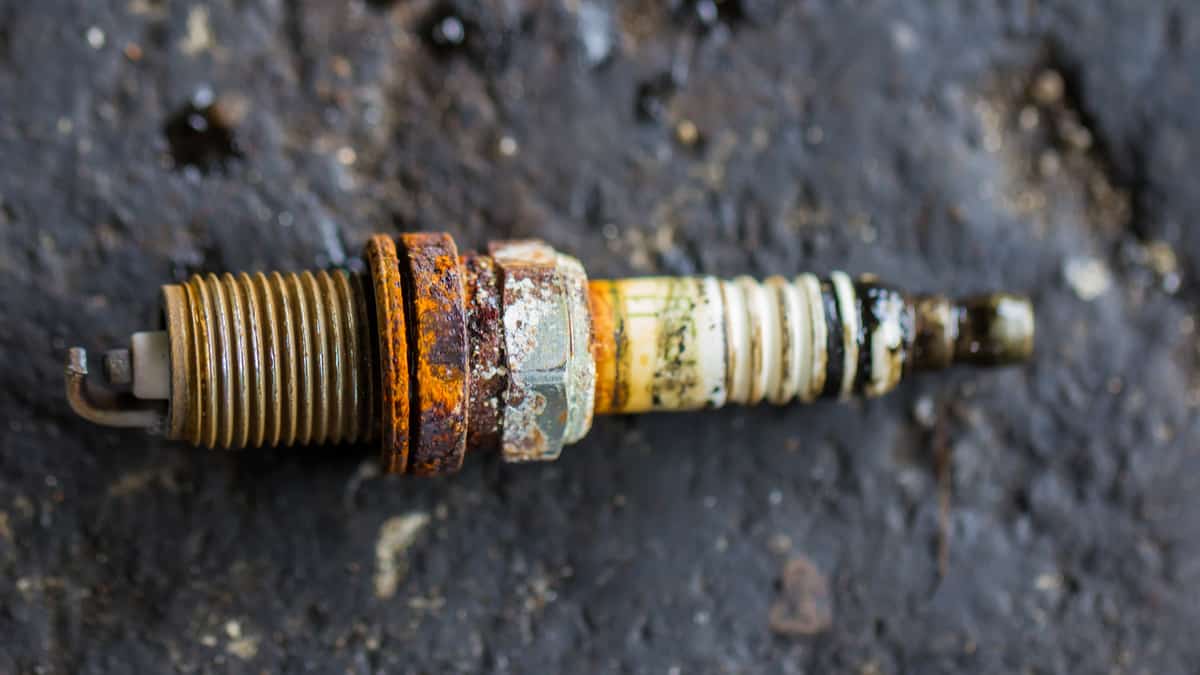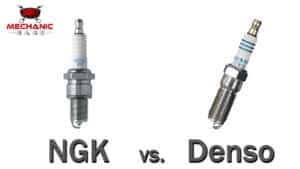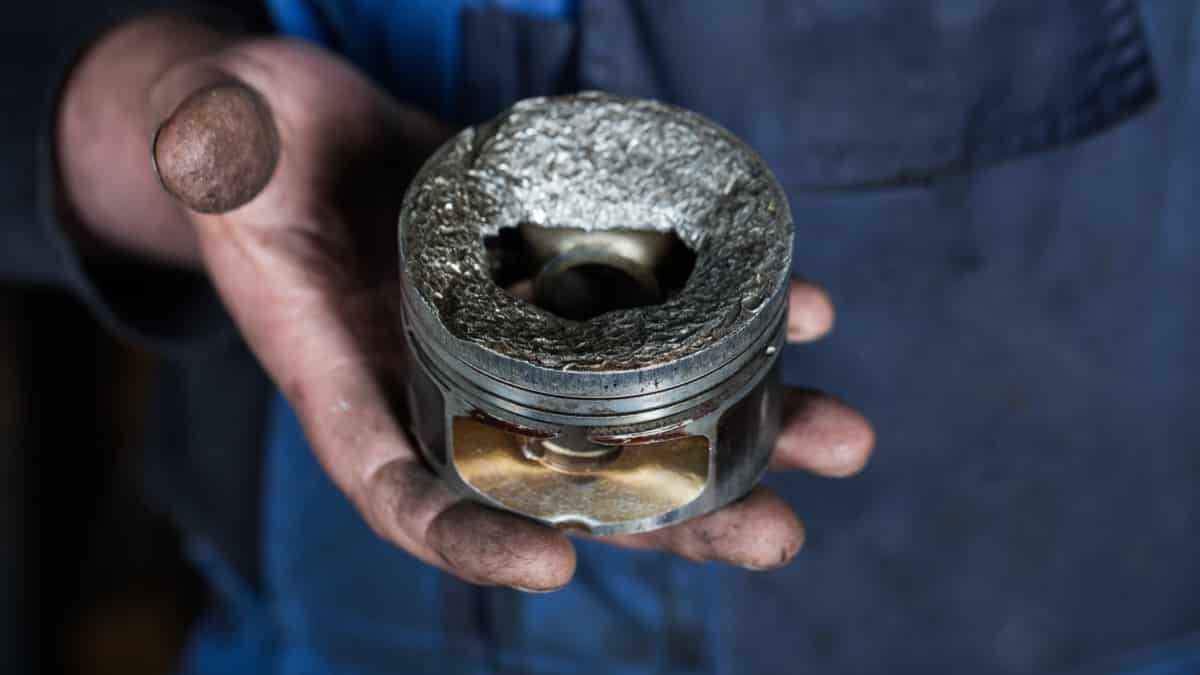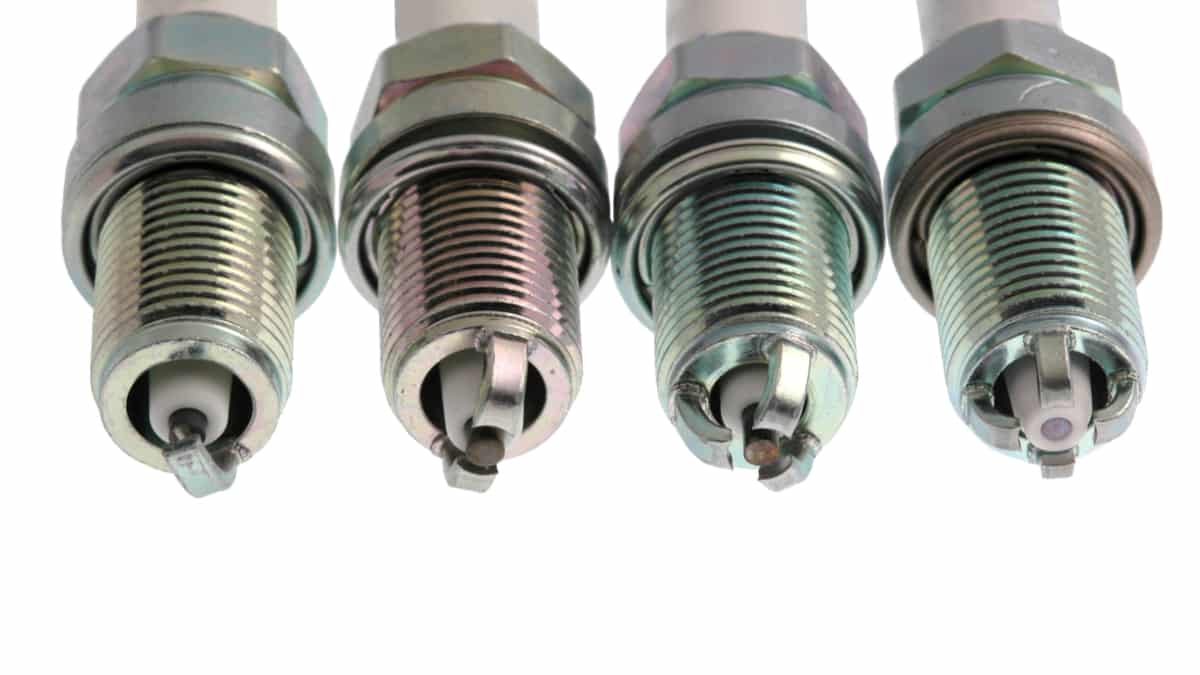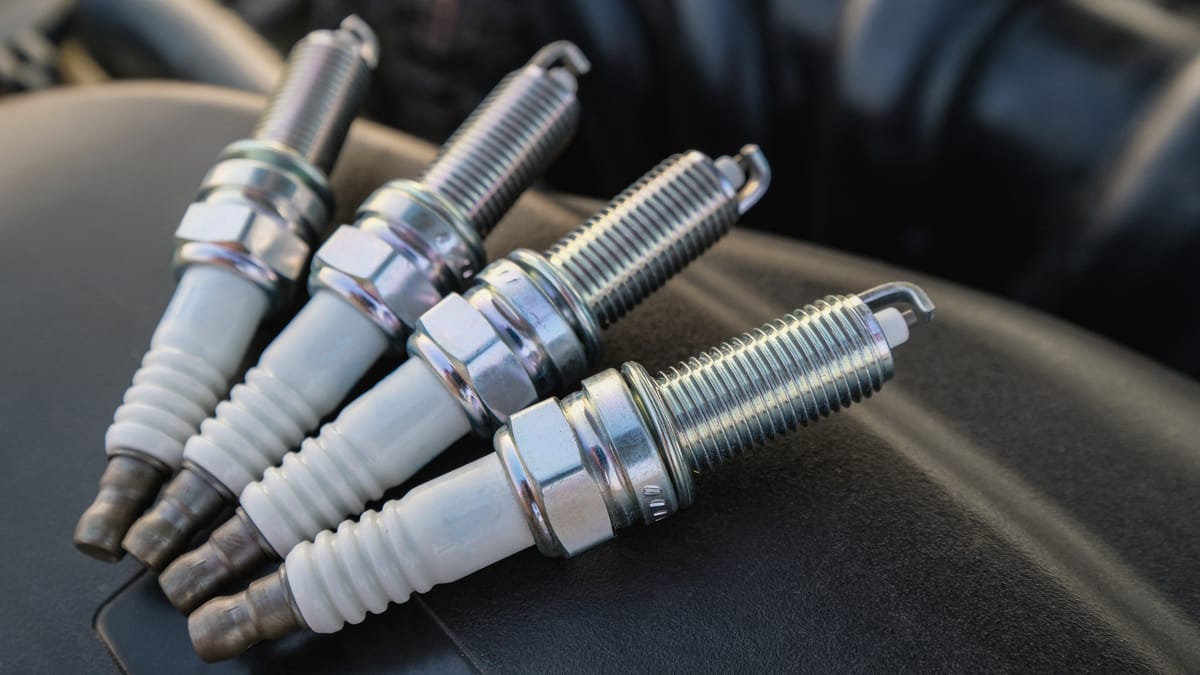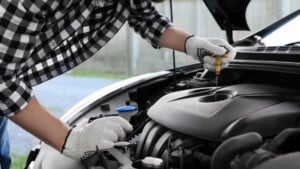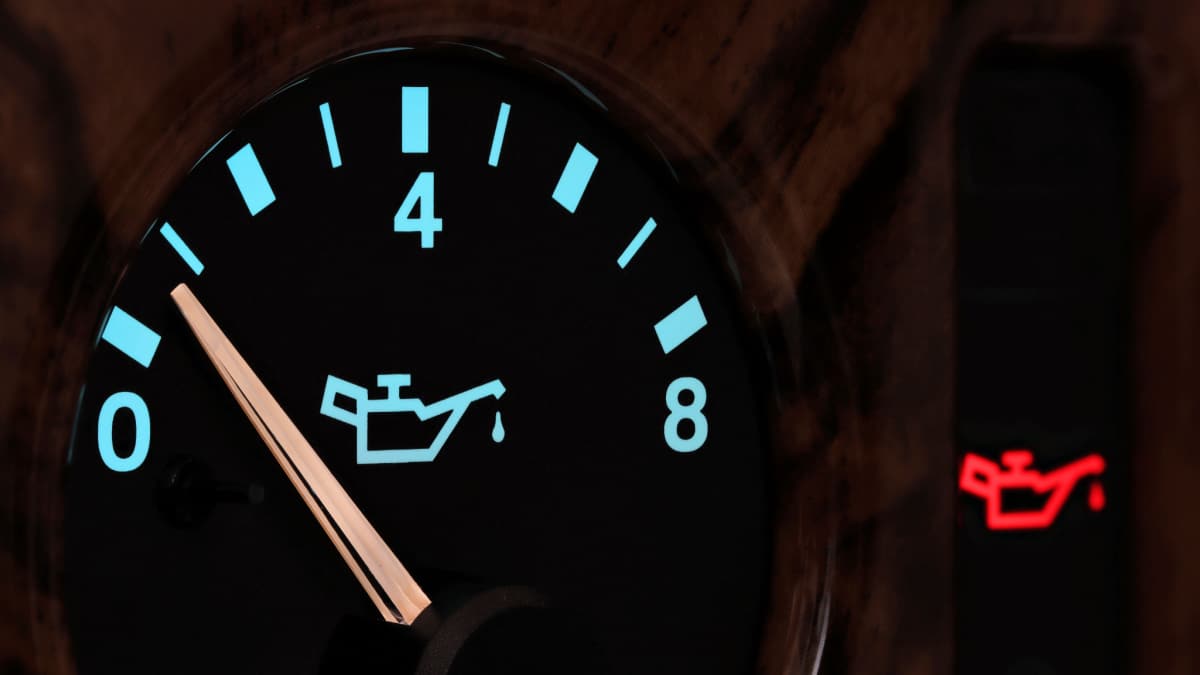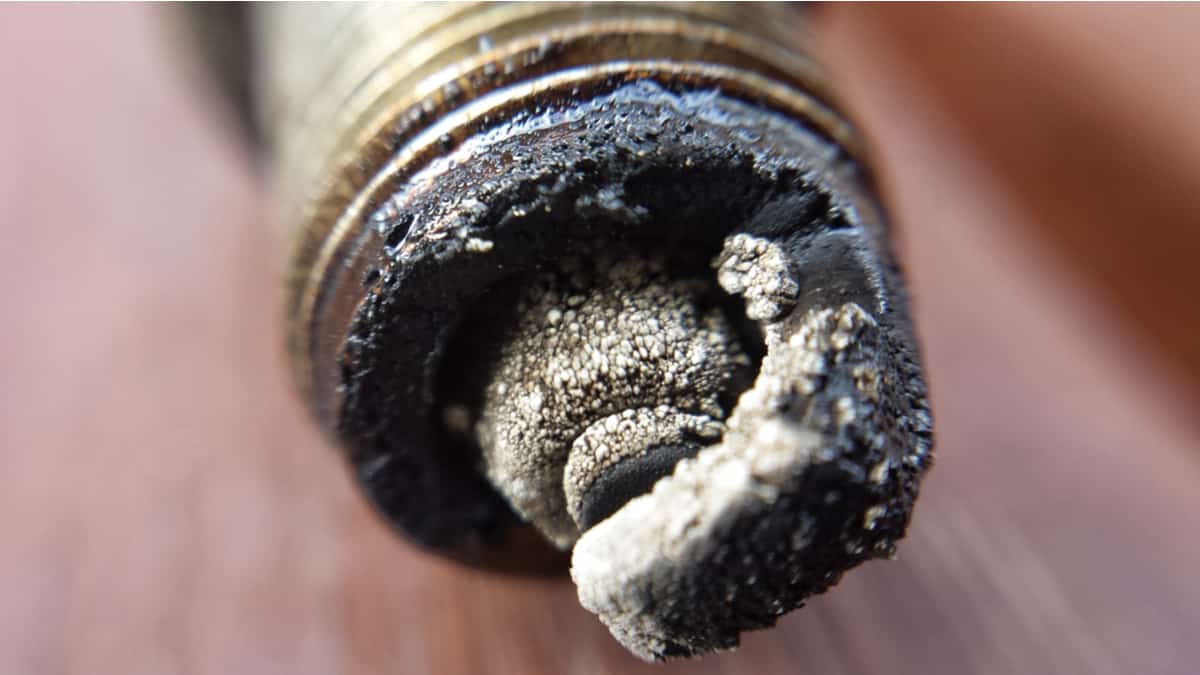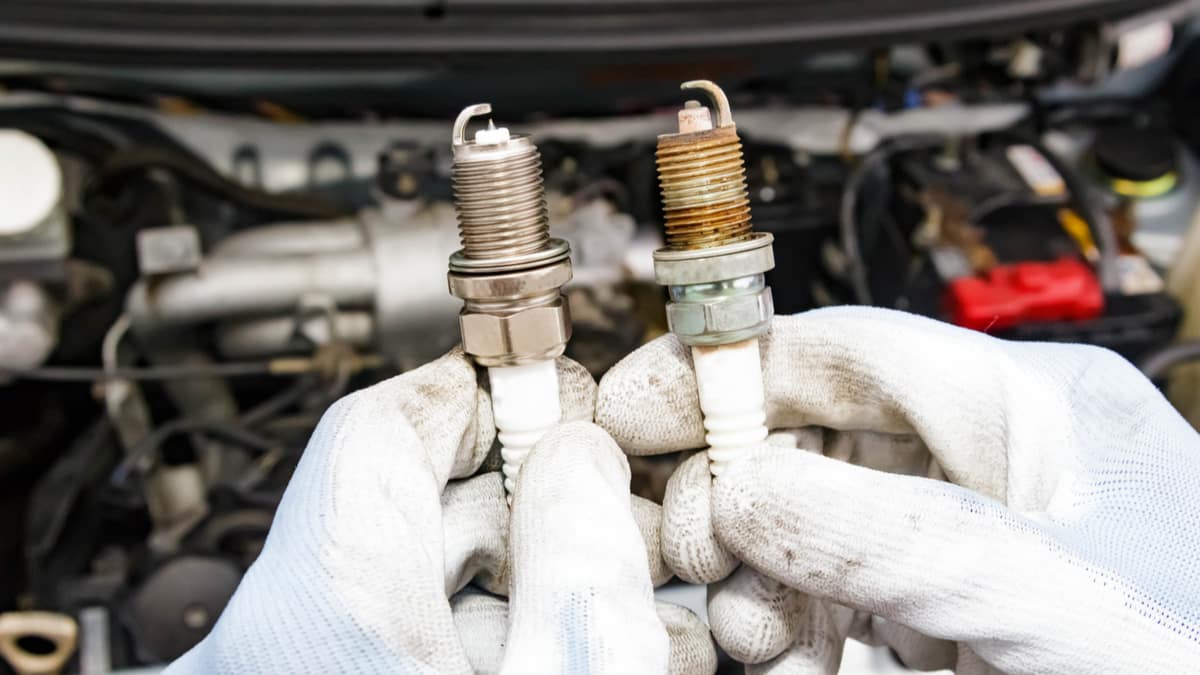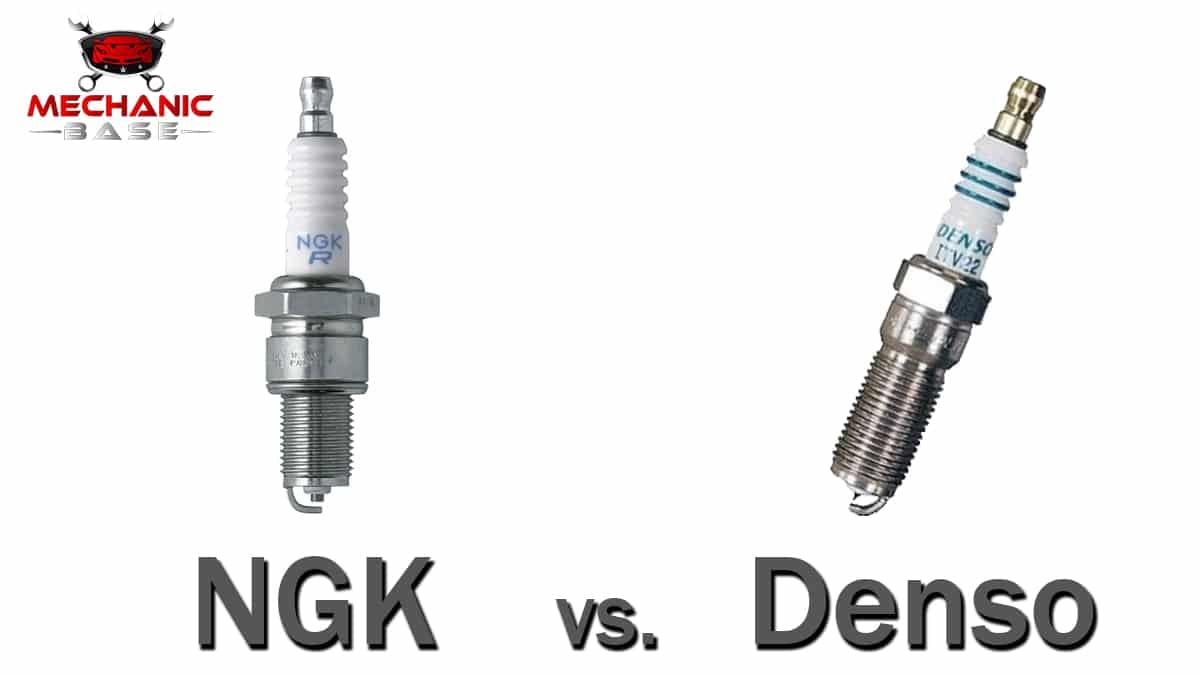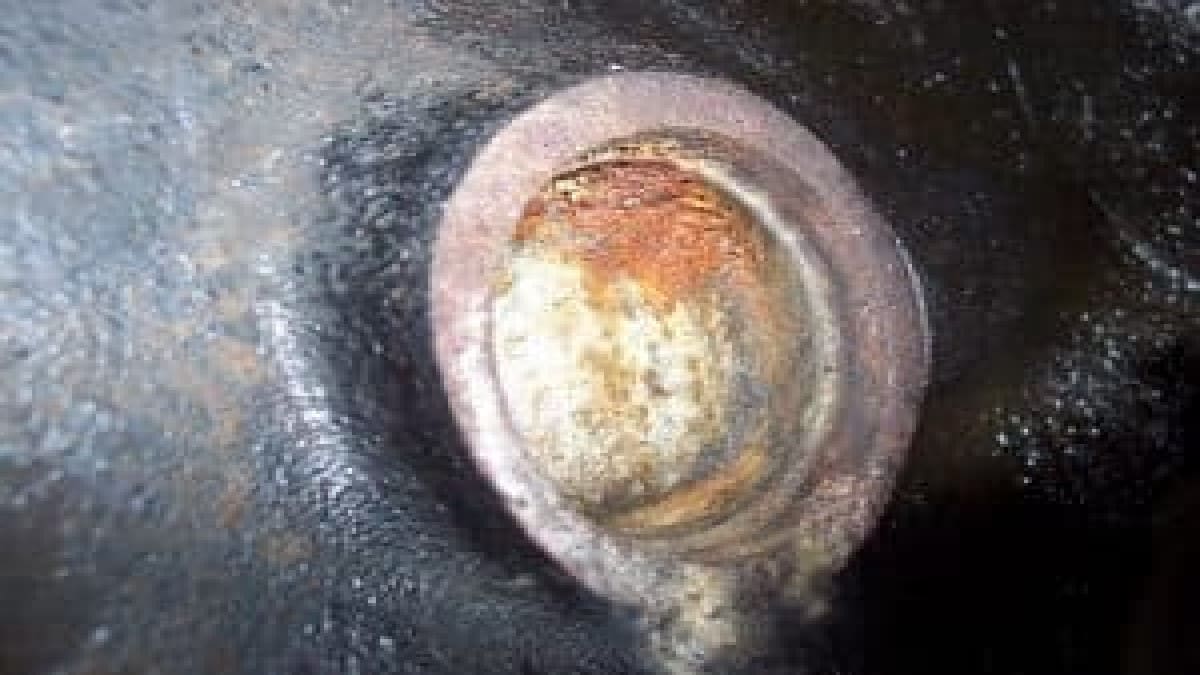When it comes time for your regular tune-up, you may be surprised to find oil on the spark plugs. This contamination often reveals a mechanical problem, but how do you know what’s wrong?
In this guide, we cover the top seven reasons that the spark plugs have oil on them. We also show you how to fix the problem and reveal some answers to questions that have been bothering you.
Reasons for Oil on Spark Plugs
Oil usually gets on the spark plugs because of a leaking valve cover gasket or a clogged PCV valve. It can also be caused by clogged crankcase ventilation, a bad turbocharger and worn intake valve seals. Spark plugs also get oil from bad piston rings or defective pistons.
If you don’t resolve the problem, you could face larger repair bills down the road. Let’s examine the possibilities.
1. Leaking Valve Cover Gasket
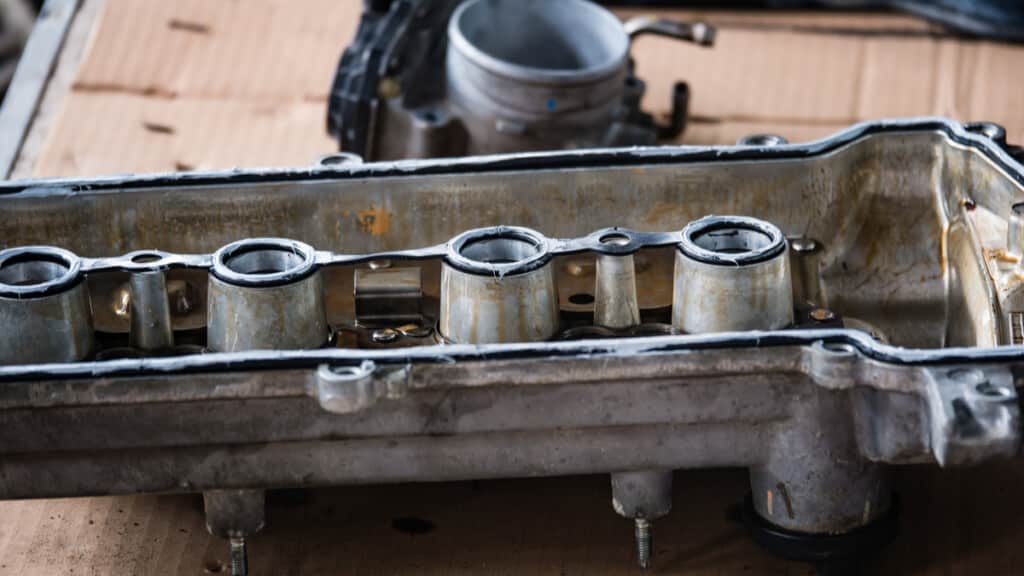
If the oil has contaminated the wells or is on the threads of the spark plugs, your issue could be related to a leaking valve cover gasket. The valve cover gasket is responsible for keeping the oil sealed inside the engine. Yet, over time, the gasket becomes brittle and worn out, making it more susceptible to leaks.
Oil will seep into the well, encompassing the body of the spark plug. Depending on how bad the leak is, it can be a small amount on the threads or a pool of oil that the plugs sit in.
2. Bad or Clogged PCV Valve
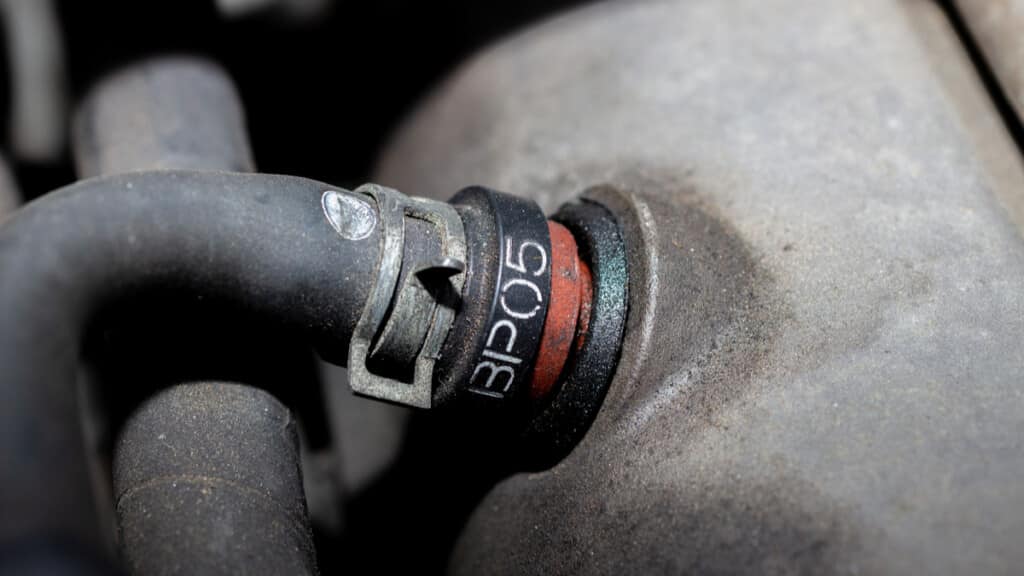
The positive crankcase ventilation (PCV) system is installed on all of today’s cars. It’s designed to reduce emissions and keep the environment as clean as possible. The PCV system not only vents the engine crankcase vapors, but it also helps to reroute them, so they can be re-burned in the engine.
If the PCV valve is clogged or has failed, the system can start siphoning oil. This problem results in an increase in vapors and it can foul the spark plugs with oil.
3. Clogged Crankcase Ventilation
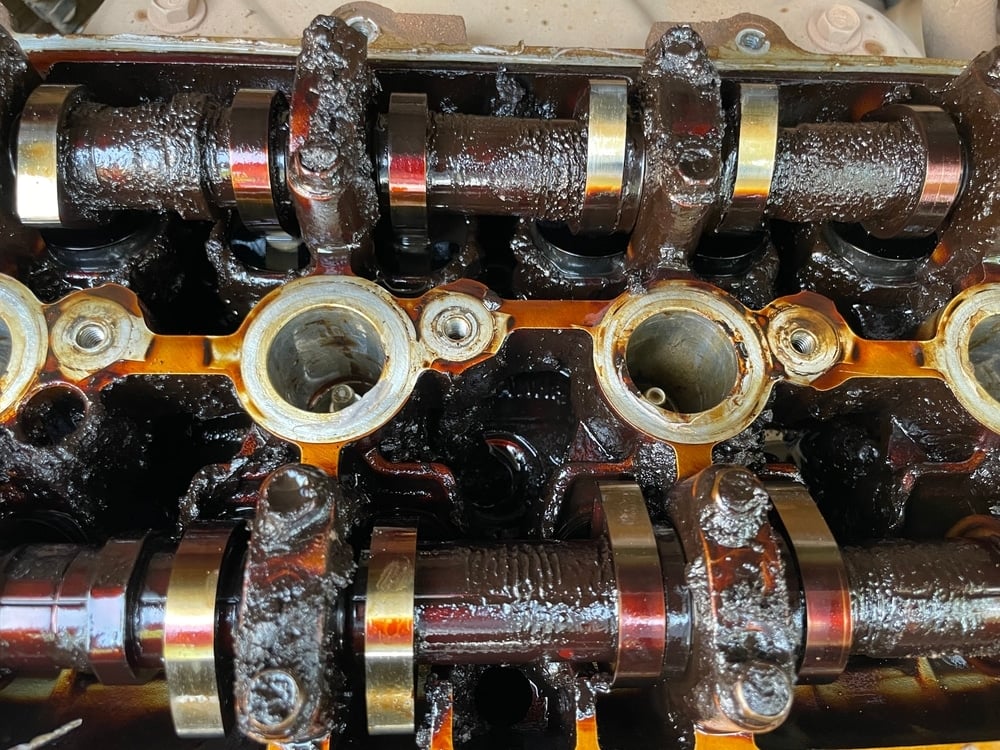
Crankcase ventilation is designed to relieve pressure from the crankcase due to blow by gases. This ventilation system also reroutes the gases back to the intake manifold, where the engine can use them for fuel. Yet, if the pressures in the crankcase ventilation become too high, oil leaks can occur.
A clogged crankcase ventilation will bring the same symptoms as a bad PCV valve. The pressures get higher because of a clog in many circumstances. Additionally, you may notice a decrease in engine performance and a higher idle than normal.
4. Bad Turbocharger
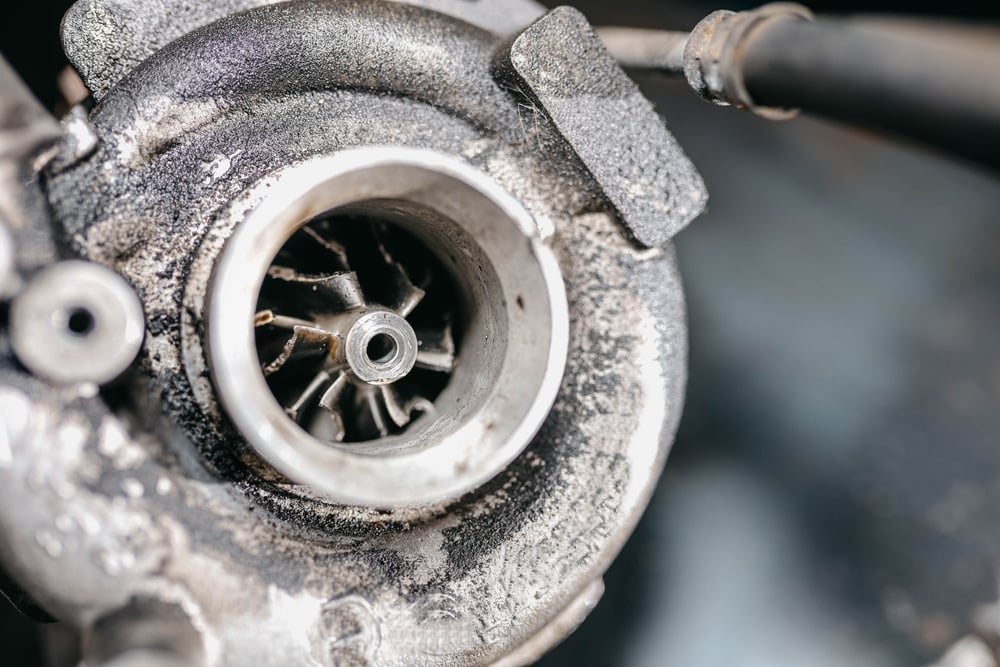
The turbocharger is an amazing addition to any car, bringing it extra power for a spirited ride. Yet, a failing turbocharger is a common culprit when there’s oil on the spark plugs. The seals on the turbine shaft are meant to withstand a lot of abuse, but they are not indestructible.
As heat takes its toll, the oil lubricating the shaft can get into the intake and combustion chamber. From there, it ends up on the spark plugs. The only solution to a blown turbocharger is a replacement, which can get pricey.
5. Worn Intake Valve Seals
Intake valves are found in the cylinder heads. The job of these valves is to let air into the engine while helping the exhaust gases exit. Each valve contains a stem that fits into the cylinder head. The valve seals prevent the oil from getting past the guides into the combustion chamber.
If the seals or guides start to wear, oil can infiltrate the system and foul the plugs. The engine will also start to consume more oil and you may notice smoke coming from the exhaust, especially when you first start the engine.
6. Bad Piston Rings
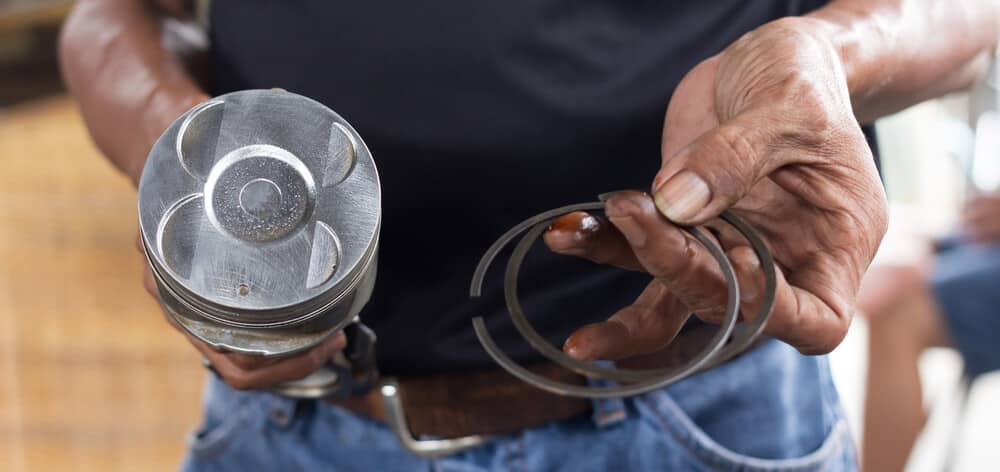
The cylinder’s piston rings are responsible for preventing compression loss and keeping the oil from seeping into the combustion chamber. Again, these rings are designed to last for the lifetime of the engine, but that doesn’t always happen.
A damaged or worn-out piston ring will allow oil to permeate through the boundary. As the oil gets into the combustion chamber, it will foul the spark plugs.
7. Bad Pistons
There’s also the chance that there’s a problem with the pistons. When the piston becomes compromised or cracks, oil passes from the crankcase to the combustion chamber with the damaged piston.
Oil starts to foul the plug and you are left with some big problems to figure out. You are looking at a costly engine repair if the vehicle is worth putting any money into.
How To Fix Oil On Spark Plugs
To fix the spark plugs with oil on them, you must first figure out where the oil is coming from. Then, you can clean the crankcase ventilation hoses and PCV valve. If you perform a leak test and are still having trouble, it might be time to ask for help from a mechanic.
1. Check If It’s Leaking Inside The Cylinder Or From Above

Your very first step is to identify where the oil is coming from. You can’t simply replace the spark plugs and hope the problem will go away. You must resolve the issue to ensure another set of plugs isn’t fouled.
Plus, if you continue to run your engine with the leaking oil, you are going to run into bigger issues. Neglecting this fix could cause permanent engine damage, depending on what’s wrong.
2. Clean Crankcase Ventilation Hoses & PCV Valve
To clean the crankcase ventilation system, follow these steps.
- Start with the oil filler cap. If it has ventilation holes, dip it in parts cleaner and shake it off before putting it back on. If the cap has no holes, check the rubber ring around it to ensure it’s sealed.
- Find the PCV ventilation valve. It should be at the end of a hose connecting the crankcase to either the inlet manifold or the carburetor, depending on how old your vehicle is.
- Remove the valve assembly.
- Clean it off with an old paintbrush you dip in solvent.
- Remove the hoses and look for blockages.
- Use a stiff wire and a piece of cloth to clean out the hoses.
- Reassemble everything to ensure there are no air leaks.
If you notice anything is defective during the cleaning, now is a good time to replace it.
3. Leak-Down-Test (Test For Blow-By)
A leak-down test is commonly done by mechanics, but you can perform one yourself if you have experience. Here are a few basic steps to consider.
- Gather your equipment. You need the leak-down tester, an air compressor, sockets, a ratchet, an extension, a spark plug socket and a breaker bar.
- With the vehicle off, remove the spark plug causing trouble. If you want to do a leak-down on all the cylinders, you must remove all of the spark plugs.
- Find the top dead center.
- Place the tester into the spark plug hole or holes with the appropriate adapter.
- Connect your compressed air to the tester.
- Read the results to see if there’s any leakage.
Once you figure out where the leak is coming from, you can fix it.
4. Contact A Professional
These steps aren’t simple by any means. Even as professional mechanics, we often have trouble pinpointing where the oil is coming from on spark plugs. The diagnosis could take some time.
If you aren’t sure what you are doing, reach out to a professional. It’s the only way to ensure that no more damage is caused.
Can oil make spark plugs go bad?
Yes, oil on the tip of the spark plug will cause premature failure. Oil is not supposed to leak into the combustion chamber, so there’s a problem that needs to be fixed. Resolve the issue before installing new spark plugs.
Can a bad PCV valve cause oil on spark plugs?
Yes, if the PCV valve gets stuck closed, the crankcase pressure will increase and push oil into the combustion chambers. This oil gets onto the tips of the spark plugs, causing them to foul. It’s important to repair the underlying problem before replacing the spark plugs, or you will run into further trouble.
How much does it cost to replace a valve cover gasket?
On average, you may spend $100 to $350 for valve cover gasket replacement. Of this cost, the parts are inexpensive, normally costing just $10 to $50. The labor is what makes up the majority of the expense, averaging between $90 and $300. If you can replace it yourself, you could save some money.
What causes wet black spark plugs?
Leaking oil is causing the problem, possibly from the valve cover gasket or a clogged PCV valve. It may also come from clogged crankcase ventilation, a bad turbocharger and worn intake valve seals. Spark plugs tend to get oil on them from bad piston rings or defective pistons as well.
How do you clean oily spark plugs?
First, repair the issue that’s causing oil to get on the spark plugs. Once that’s done, you can spray carb cleaner into the hole and use a rag to clean up the oil. You can do the same with the plug. Repeat as many times as needed to get rid of all the oil.
With oil on the spark plugs, you may have a major problem on your hands. However, with some proper diagnostic steps and a little mechanical know-how, you should be able to get everything repaired.
Take prompt action to ensure no further damage occurs. If you need help getting the issues resolved, visit your local mechanic.
Categories: Engine, Troubleshooting
